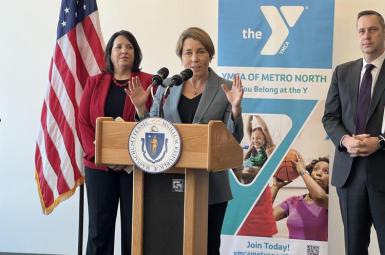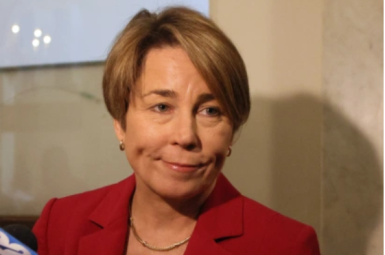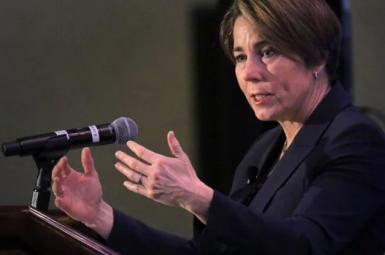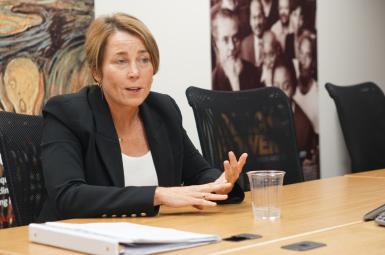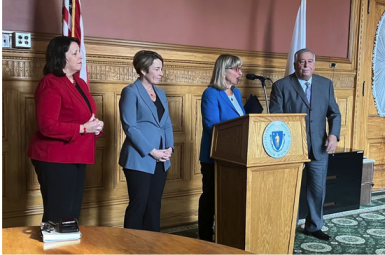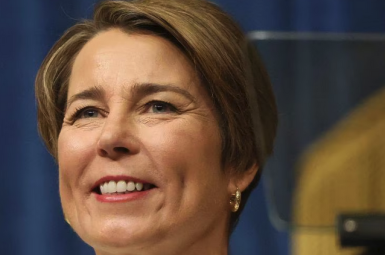Doug Howgate, president of the Massachusetts Taxpayers Foundation, said Healey’s tax relief plan would make Massachuetts “less of an outlier” on taxes and help “retain and grow its population, jobs and investment.”
“Significant tax relief is not only affordable, it is critical,” Howgate said in a statement. “We need to address the trends that are pricing out low- and middle-income residents, and stop incentivizing higher earning residents and businesses to leave.”
